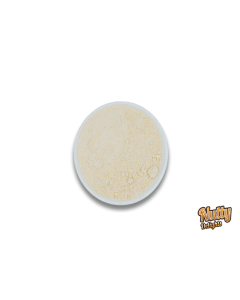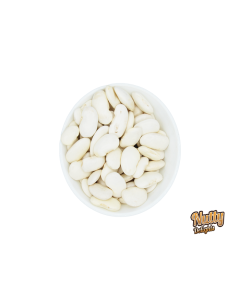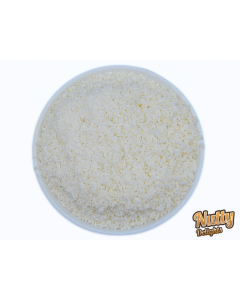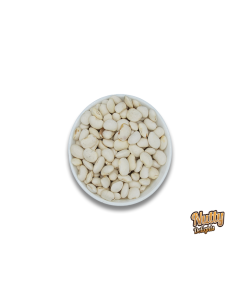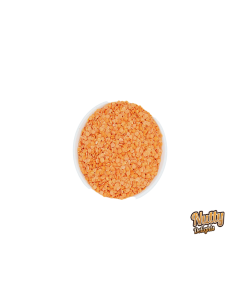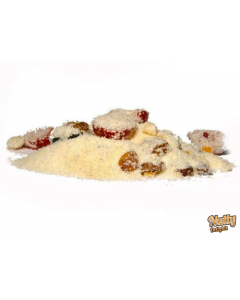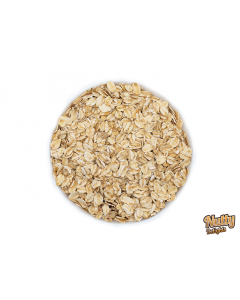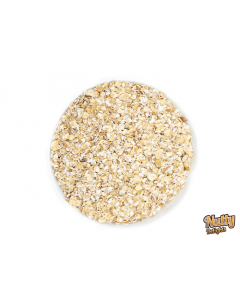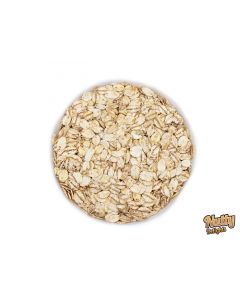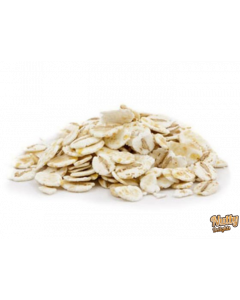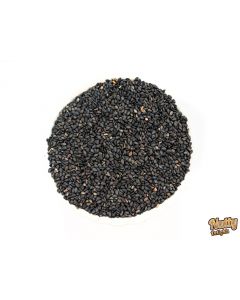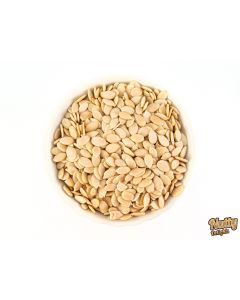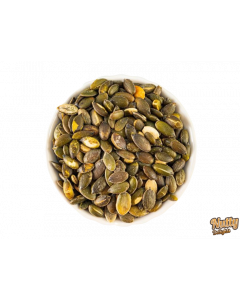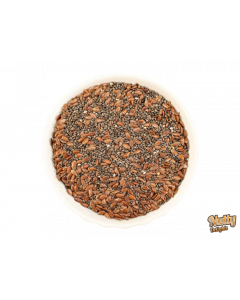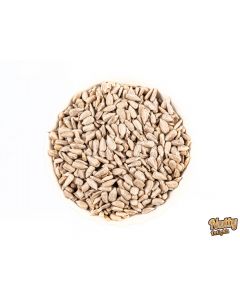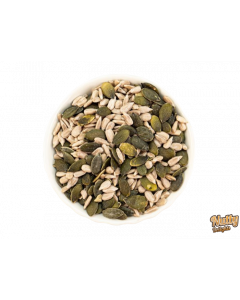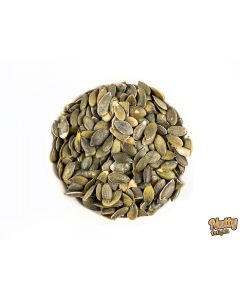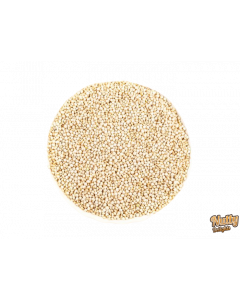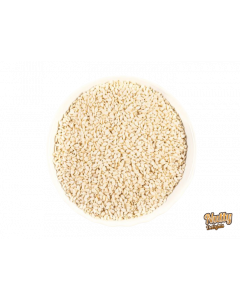We use cookies to make your experience better. Read more.
Food Cupboard
Frequently Asked Questions
Health benefits of eating seeds
They are very rich in fiber, which favours the reduction of cholesterol in the blood and correct intestinal function. They provide antioxidants, unsaturated fats, vitamins, and minerals, which help to prevent conditions such as diabetes, obesity, and cardiovascular pathologies among other health benefits.
Are seeds indigestible?
They are not necessarily indigestible, but for some people the consumption of seeds may cause gastrointestinal discomfort, bloating, or inflammation. Each person is different, so we cannot generalize.
Are seeds a good source of fiber?
Yes, among many other properties and qualities, the seeds are a food rich in fiber, which makes them great for adding extra fiber to our dishes.
You can include seeds in your smoothies, with your yogurt, with your cereals and oats, with toast, to make bread, for baking, for sauces, to accompany fish, to make granola, to make cereal bars, for salads, to accompany pasta and rice dishes, for purees and more. Seeds are always a plus of flavour, a plus of crunchy texture, and a plus of nutrients, vitamins, and minerals to add to our dishes to give them greater nutritional value.
Are seeds good to lose weight?
Although seeds are a good source of fiber, vegetable proteins, and good fats, as well as minerals and vitamins that our body needs, this food alone cannot make us lose weight, nor can it increase the size of our muscles or reduce our body's cholesterol. Nor does it have the power to eliminate the fat we accumulate in our body, because as we have said, its intake has benefits, but it does not work miracles.
Is quinoa gluten-free?
Yes, our quinoa is gluten-free and suitable for coeliacs. The only ingredient it contains is quinoa, 100% natural. Perfect for salads, to accompany meat and fish, to eat directly, and even for baking. You'd be surprised how many uses quinoa has in the kitchen.
How do chia seeds help you stay healthy?
Chia seed is a good source of fiber, vegetable protein, and good fats, as well as minerals and vitamins that our body needs. They are also high in omega-3 and antioxidants. All these nutrients are essential and necessary for the correct functioning of the body and the prevention of illnesses.
Are melon seeds edible?
Yes, melon seeds are edible, in fact in some countries like Morocco, they are often used for various preparations. You can eat them as a snack, add them to dishes and pastries, bake them in the oven with spices or even make vegetable drinks. You can also use them to make vegetable seed oil.
Are hemp seeds safe to eat?
Although they come from the hemp plant, which is the same species from which cannabis and marijuana are extracted, hence the refusal of many diners to include it in their diet, they are free of toxic components and are a nutritional treasure. They are high in protein and rich in fiber and essential minerals.
How many calories do sesame seeds have?
Per 100 grams of product, our sesame seeds have 588 kcal. We have to keep in mind that when we consume sesame seeds, we do not use 100g, but much less, and we should also consider the health benefits and not just the number of calories.

